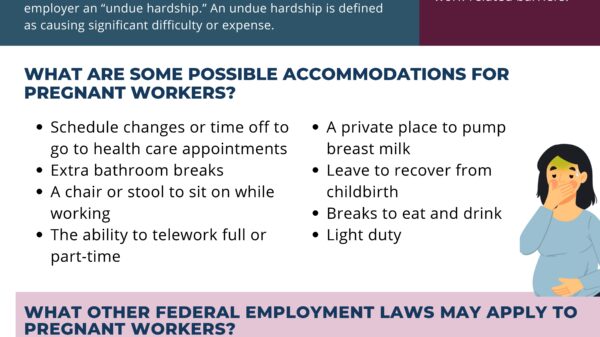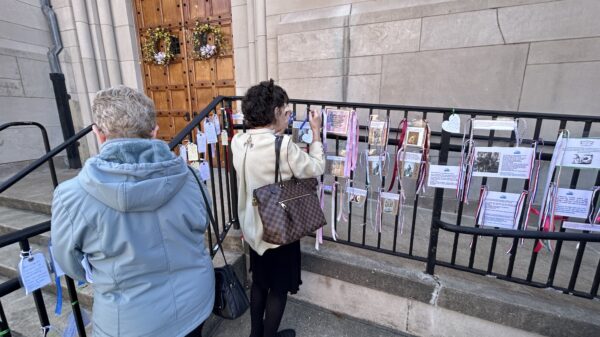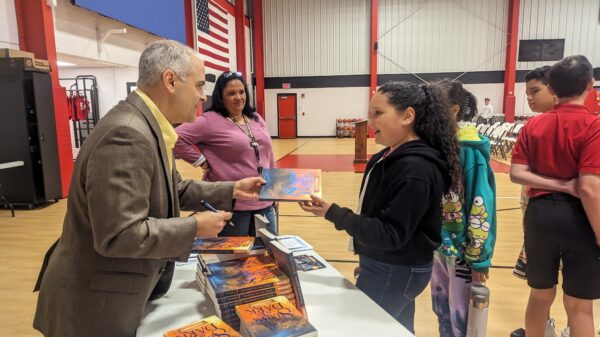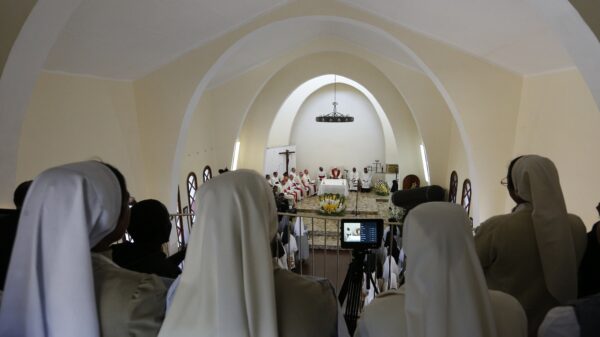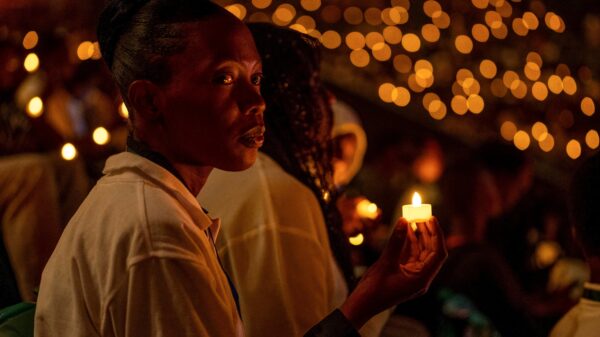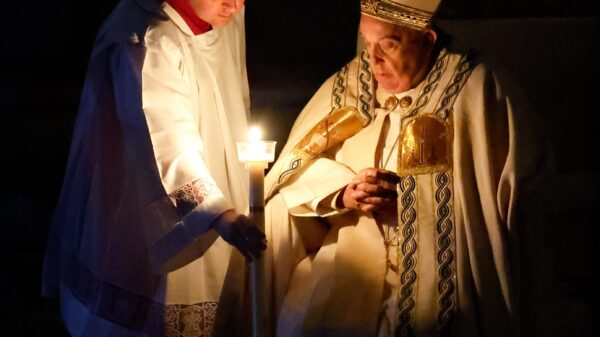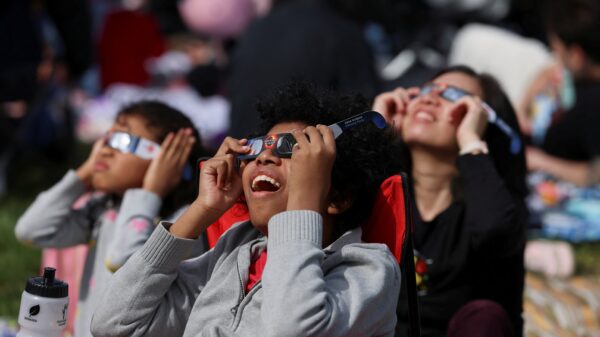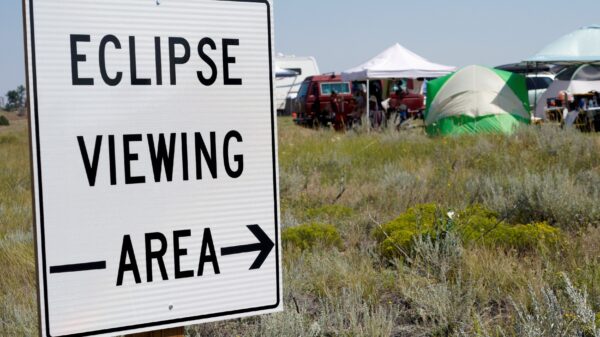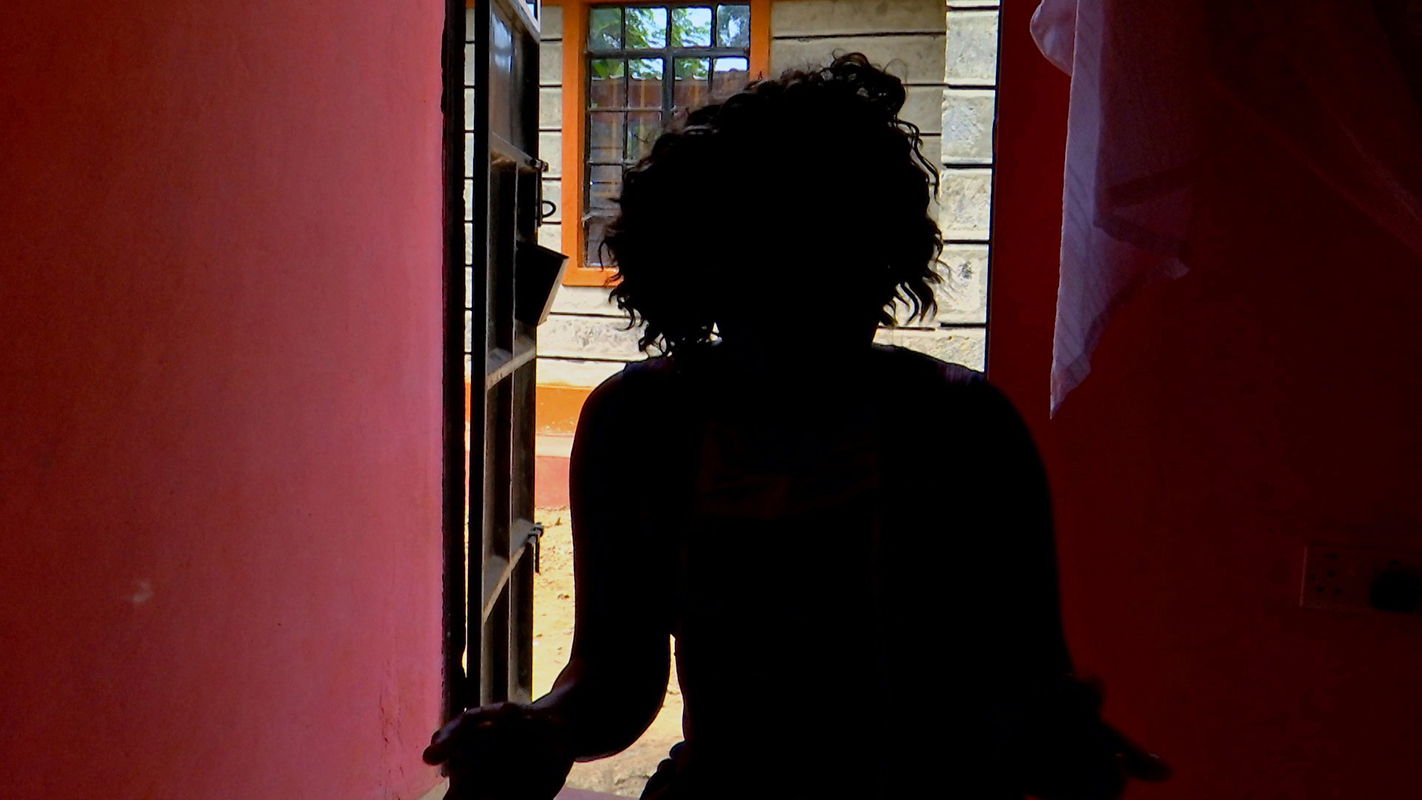(OSV News) — Theresa Flores plans to attend her 11th Super Bowl this year, but not necessarily because she is a football fan.
Instead, the 57-year-old author, speaker and social worker will be in Glendale, Arizona, with volunteers from the SOAP (Save Our Adolescents from Prostitution) Project, which Flores founded to prevent human trafficking.
“A lot of kids are being trafficked during sporting events,” said Flores, who along with her team holds outreaches during large entertainment gatherings nationwide, training participants to recognize the signs of trafficking while distributing materials — including millions of bars of soap — labeled with the U.S. National Human Trafficking Hotline number: 888-373-7888.
Experts differ over the Super Bowl’s impact on human trafficking, but overall data shows that the problem has risen sharply across the globe.
Some 50 million individuals worldwide were ensnared in modern slavery during 2021, according to the United Nations International Labor Organization Sept. 2022 report. Forced labor (including sex and labor trafficking) and forced marriage are the two most common types.
During 2020, the Washington, D.C.-based nonprofit Polaris, which operates the U.S. National Human Trafficking Hotline, received more than 10,500 reports involving over 16,650 individuals victims — numbers that represented “likely only a fraction of the actual problem,” according to the organization’s website.
Traffickers prey on people made vulnerable by poverty, homelessness, addiction, prior sexual abuse and natural disasters, according to Human Trafficking Search, a global research database funded by the O.L. Pathy Family Foundation.
But even individuals from loving and secure families can be vulnerable to traffickers — and statistics do not capture their anguish –– something Flores, a survivor herself, knows all too well.
Growing up, Flores was “a Catholic teenager in a very devout Catholic family in the Midwest,” to whom “nothing bad had ever happened,” she told OSV News.
But all that changed in high school, when Flores came under the influence of a teenage boy who groomed her over a six-month period for sex trafficking.
“He made me think he liked me,” said Flores. “He gave me a ride home from school one day. But he didn’t take me home. He took me to his house, drugged and raped me.”
Too ashamed to tell her parents about the attack, Flores then spent close to two years “being sold to men” in a network of sex clients, blackmailed into submission, and exploited after school and late in the evening.
“I was actually kidnapped one night, sold to the highest bidder and left for dead in a motel in Detroit,” said Flores. “The police ended up bringing me home.”
She and her family soon relocated, and Flores, now 57, rebuilt her life, becoming a nationally recognized author, speaker, licensed social worker, and advocate for survivors and trafficking prevention. She founded both the SOAP Project and the similarly focused nonprofit Traffickfree, and also serves as the program director for U.S. Catholic Sisters Against Human Trafficking.
Sister Ann Victory, a Sister of the Humility of Mary and USCSAHT board member, said human trafficking comes down to “issues of power, control and money.”
Traffickers can make thousands of dollars per victim, with the United Nations’ International Labor Organization estimating the total annual profits of forced labor, including sex trafficking, to be $150 billion.
In recent years, victim advocates have sought to hold the hotel industry accountable for turning a blind eye to the problem.
“A hotel is making money every time a trafficker rents a room,” said Kristina Aiad Toss of the Columbus, Ohio-based Babin Law firm, which has filed civil suits against hotels for failure to counter known trafficking on their premises. “Hotels are really on the front lines of this problem. That’s really a piece of the puzzle I think has been missing.”
Over the past five years, “we’ve slowly started to see hotels take the issue more seriously,” Toss told OSV News.
However, advocates stress the problem of trafficking requires a broad, collaborative approach at government, industry and community levels.
“This work is way too complex to do by yourself,” said Sister Ann. “These kinds of partnerships and connections continue to be key across the nation, and across the world.”
Awareness and a willingness to act can save lives, she said.
Individuals who “seem unable to speak,” while lacking their own money, identification and even knowledge of their exact address, may be victims of trafficking, said Sister Ann.
As a trained nurse, Sister Ann said she also remains alert for “evidence of physical and psychological abuse” in potential victims.
Rather than intervening directly, she said, bystanders who suspect trafficking should contact law enforcement or the National Human Trafficking Hotline, which can be reached by phone at 888-373-7888, by text at 233733 (“Befree”) or by live chat.
Having the courage to speak up, even if the fears of trafficking prove unfounded, can prevent years of suffering, said Flores, recalling her time as a victim.
“I wish my neighbor, who saw me as a 15-year-old running through his backyard late at night barefoot and in pajamas, had called someone,” she said. “I wish somebody would have done this for me.”
Gina Christian is national reporter for OSV News.
If you are in immediate danger, call 911. If you suspect or are a victim of human trafficking, contact the National Human Trafficking Hotline, which can be reached by phone at 888-373-7888, by text at 233733 (“Befree”) or by live chat (humantraffickinghotline.org/en/chat).


